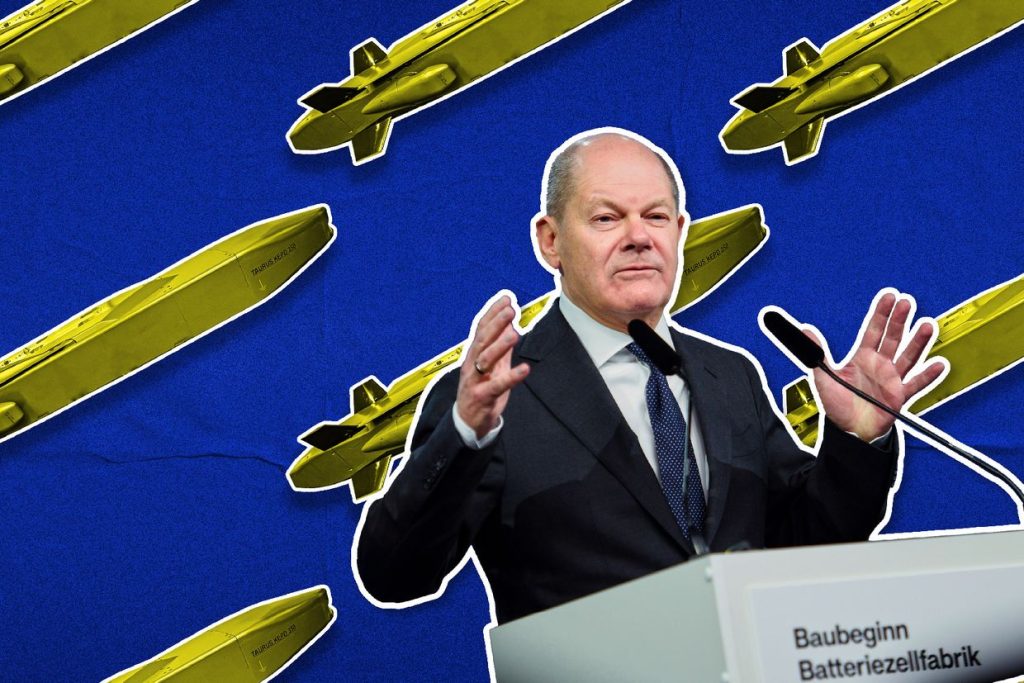Ukraine’s request for the Taurus missiles from Germany stems from the country’s desire to bolster its military capabilities in the face of ongoing conflict with Russia. The Taurus missile is known for its long-range capabilities, making it a valuable asset for Ukraine in deterring potential aggression from its eastern neighbor. The conflict between Ukraine and Russia has been ongoing since 2014, with Russia annexing Crimea and supporting separatist movements in eastern Ukraine. In this context, Ukraine sees the Taurus missiles as a crucial tool in defending its sovereignty and territorial integrity.
However, Germany’s consistent refusals to provide Ukraine with the Taurus missiles highlight the complex dynamics at play in this situation. Germany has been cautious in its approach to arming Ukraine, wary of escalating tensions with Russia and potentially reigniting the conflict. The German government has emphasized the importance of diplomatic solutions and de-escalation in resolving the conflict in eastern Ukraine, and providing advanced weapons to Ukraine could be seen as provocative by Russia. Additionally, Germany is a key player in European security and defense policies, and its decisions on arms sales to Ukraine are influenced by broader geopolitical considerations.
The uncertainty and reluctance in Germany’s response to Ukraine’s request for the Taurus missiles underscore the delicate balance that European countries must maintain in navigating the tensions between Ukraine and Russia. While Ukraine seeks to strengthen its military capabilities and protect its sovereignty, Germany and other European countries must weigh the risks and benefits of providing advanced weaponry that could potentially escalate the conflict. The conflict in eastern Ukraine has already resulted in significant human and material losses, and any further escalation could have far-reaching consequences for the region as a whole.
In addition to concerns about escalating the conflict, Germany may also be hesitant to provide Ukraine with the Taurus missiles due to the potential implications for arms control and non-proliferation efforts. The Taurus missile is a sophisticated weapon system that could raise concerns about the stability and balance of power in the region. By refraining from providing Ukraine with these missiles, Germany may be seeking to uphold international norms and preserve stability in the region. Germany’s decision reflects a broader commitment to promoting peace and security in Europe, even in the face of pressure to arm Ukraine.
Ukraine’s continued push for the Taurus missiles reflects its determination to defend itself against external threats and assert its sovereignty in the face of ongoing conflict. The country’s leaders see the acquisition of advanced weapons as crucial for deterring aggression and maintaining a strong defense posture. However, the refusal of Germany and other European countries to provide Ukraine with these weapons highlights the complex and challenging nature of the conflict in eastern Ukraine and the broader geopolitical considerations at play. As the situation continues to evolve, it remains to be seen how Ukraine will navigate its security challenges and how Germany and other European countries will respond to these demands.















